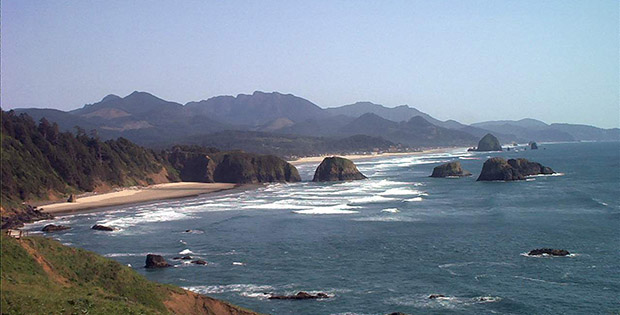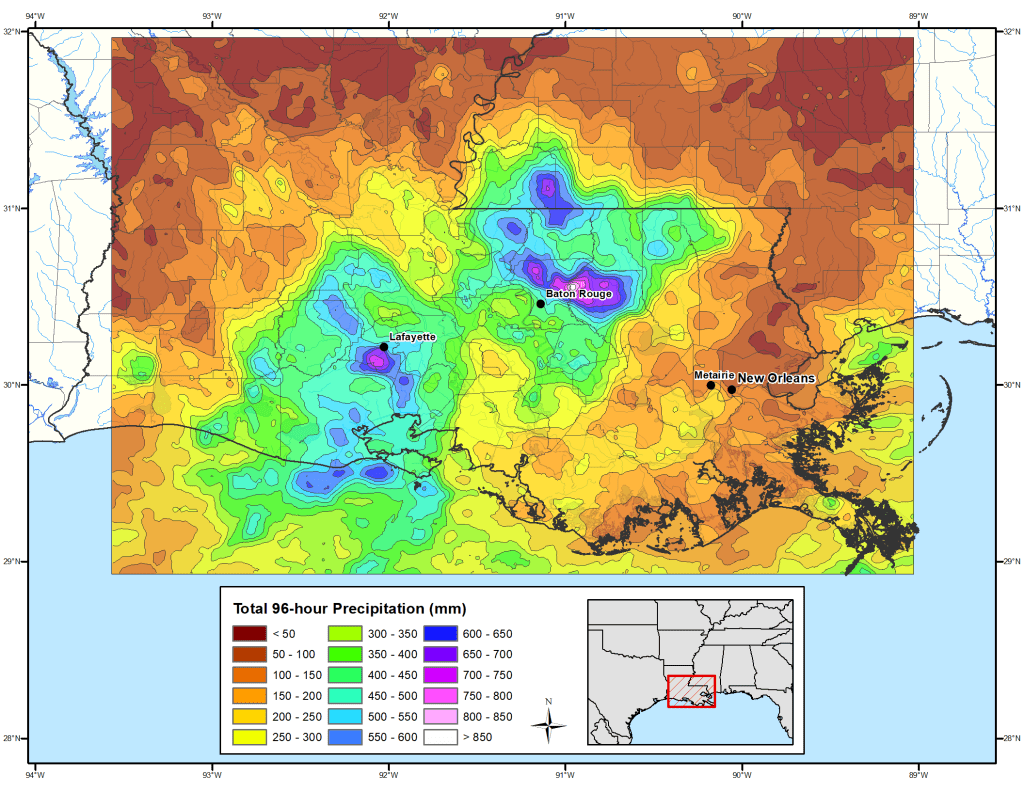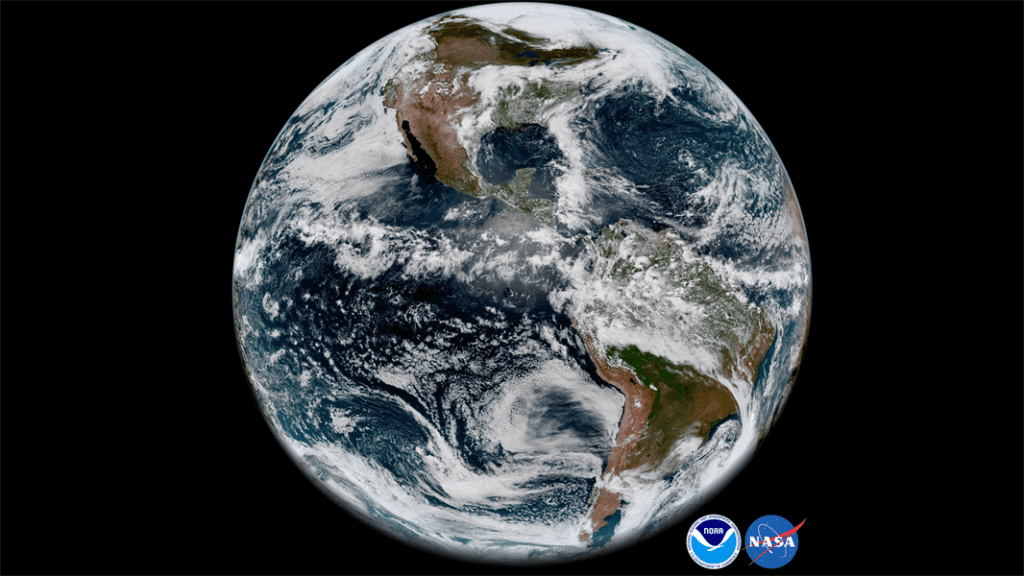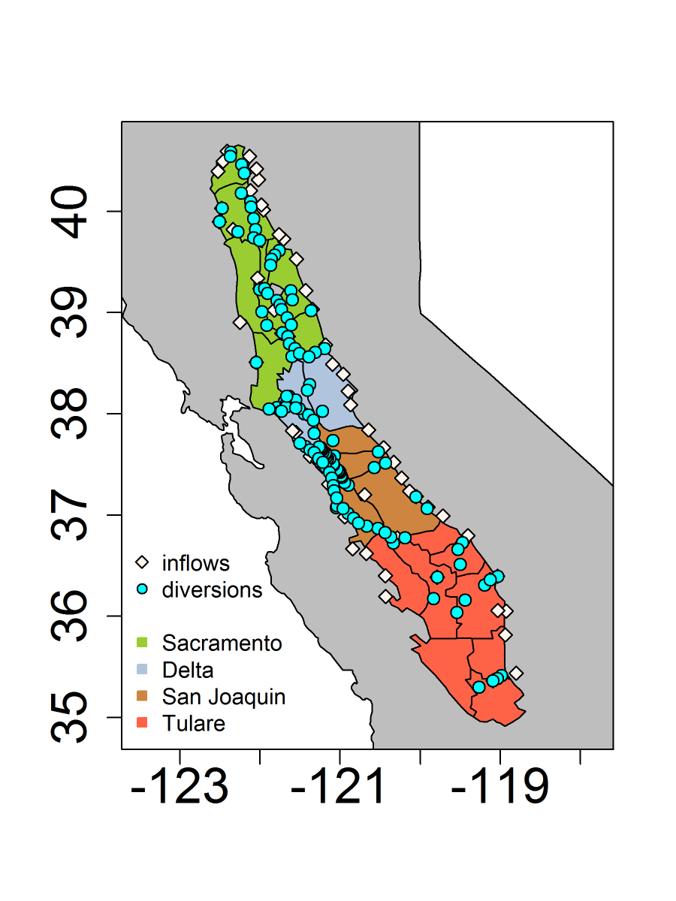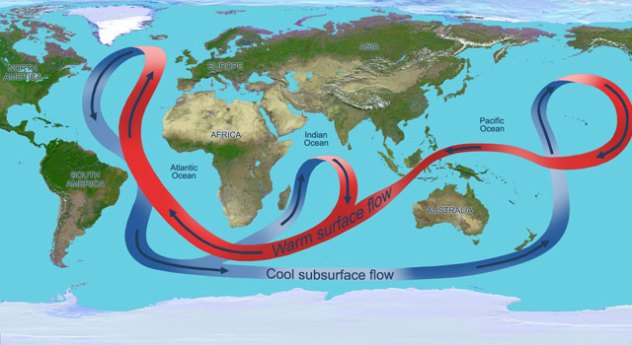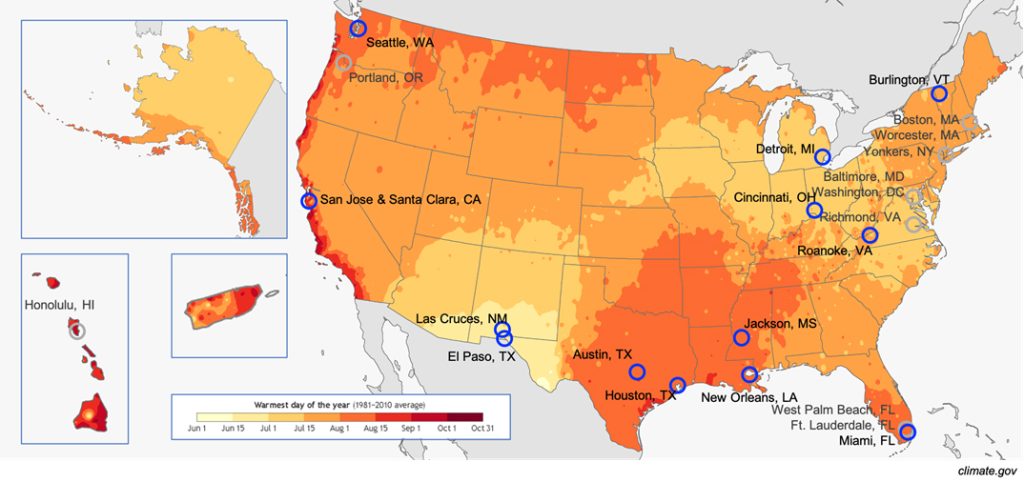The role of sustained observations in regional extreme heat attribution
Observations, in combination with models, are important for better understanding processes driving regional extreme heat events.
The role of sustained observations in regional extreme heat attribution Read More »



